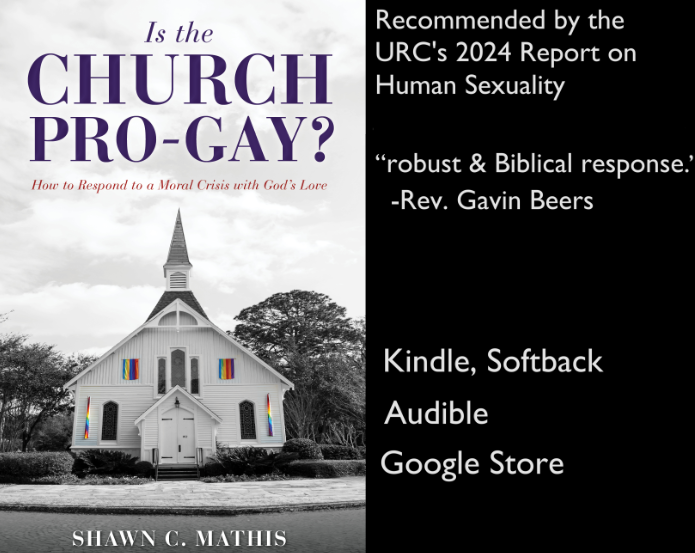The Vision Forum US History Mega-Conference had about 57 lectures, the vast majority of which occurred simultaneously in different places. This article is based upon nine lectures. Two of them were given before the entire audience. And these two were salient talks: the opening lecture set the tone of the conference and the closing panel discussion wrapped up important ideas for the audience. And the other four lectures were historical overviews and some specialty topics (some were reviewed previously).
It is best to evaluate these lectures by the intended goals of the host.
Goals
In the introductory lecture, Mr. Phillips’ stated goal was to teach the providential history of America. History is “the story of the people of God.” And the history of our spiritual forefathers and their expectations will help us face the present loss of our culture: “to take it back.”
But the overview of history as the “story of the people of God” quickly mutated into two interwoven underlining themes throughout much of the nine lectures. Mr. Phillips summarized it nicely: the “battle today is for the hearts of our children” for it is in them that we can “plant a new civilization.”
The introductory talk concluded with a message important enough for Mr. Phillips to read it verbatim: “This weekend we are going to give you a gift. We are going to give you your history back…we are giving it to you so that you can pick up a sword and fight.” Phillips quickly included the audience in this vision. They will fulfill the Great Commission. They will create a “new man of the 21st century.” They will build “a new world for Jesus Christ.”
In other words, the ravages of the culture wars of the late 20th century have become the building ground of a new civilization for the 21st century.
Yes, history was presented. And, yes, it was about the people of God in America. So the stated goals were mostly accomplished. I write mostly because to give a providential view of history, one should include important doctrines, the institutional church, and germane facts.
Facts
Concerning facts, much of what was said was correct. There were germane facts omitted and one lecturer did not know his topic well (read this review). But overall, there are any number of quotes and summaries and illustrations that were edifying.
Calvin, calvinism, reformed, and like words were peppered throughout some of the lectures (although rarely defined). Significant pastors such as Edwards and Whitefield were also noted. And in the closing lecture, some basic Calvinist books, such as Pilgrim’s Progress and Pink’s Sovereignty of God, were commended to the audience.
Church and Doctrine
But the talks were more about the glories of the lost Christian culture and less about the church as such. There was much blaming of colleges, socialism and rationalism for the demise of Christian America. If only Christians would have resisted such evil influences, we would not be where we are today. In some lectures there was a palpable frustration with the current state of the culture wars. As one pastor said, “I am tired of losing!”
The church as such was not emphasized in these lectures as much as the cultural effects of members of the church. There were no dedicated lectures about significant events such as the Great Awakening. Although it was nicely summarized in one lecture.
Furthermore, a history of the people of God should take seriously the impact of doctrine, good or bad. Thus it was surprising to see no mention of Charles Finney in the overview of the 19th century and just a passing mention of him in the 20th century overview.
But such an important figure should not be lightly passed over. Dr. Horton summarized in an article the long-lasting impact of Charles Finney:
“[His message was] radically different from the evangelical faith, as is the basic orientation of the movements we see around us today that bear his imprint such as: revivalism (or its modern label, the Church Growth Movement), or Pentecostal perfectionism and emotionalism, or political triumphalism based on the ideal of ‘Christian America,’ or the anti-intellectual, and antidoctrinal tendencies of many American evangelicals and fundamentalists.”
Such a message is not popular with the typical social conservative audience. But such an audience needs to hear it. And history lectures are an excellent opportunity for that.
Evaluation
There were many useful and encouraging talks in these lectures. And surely the other lectures were edifying as well. In many regards the purpose of the conference was fulfilled.
Yet the cultural triumphalism of the opening lecture marred the tone. With the Barna polls showing ongoing rank ignorance of basic doctrine among Christians, how can the host and his audience create the “new man of the 21st century” or build “a new world for Jesus Christ?”
They cannot. Especially since many follow what Dr. Horton dubs “moralistic, therapeutic deism.”
Fundamentally, such an audience does not need to hear more ways to be a better family or how they are to create a new civilization. Such an audience does need to hear the law to convince them of spiritual helplessness. And such an audience does need to hear the glorious Gospel of a sovereign, loving Christ in all his glory. Our spiritual forefathers would expect nothing less.







